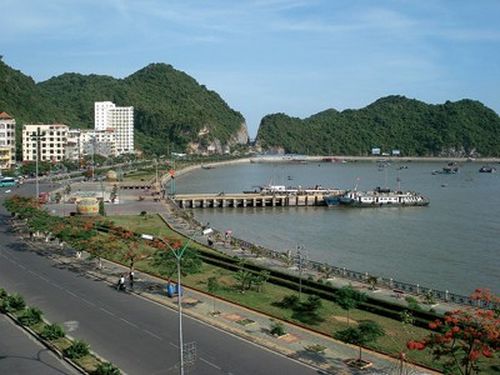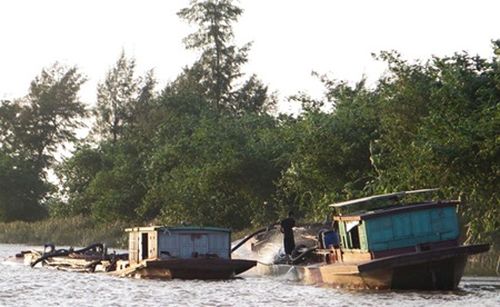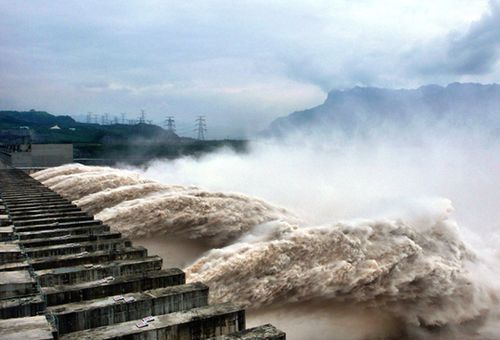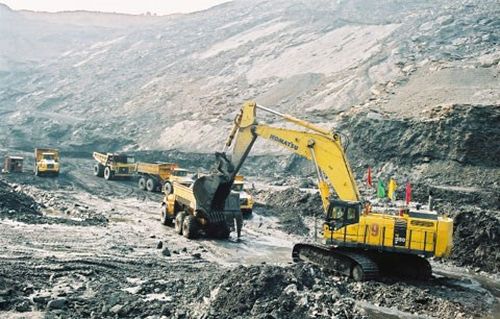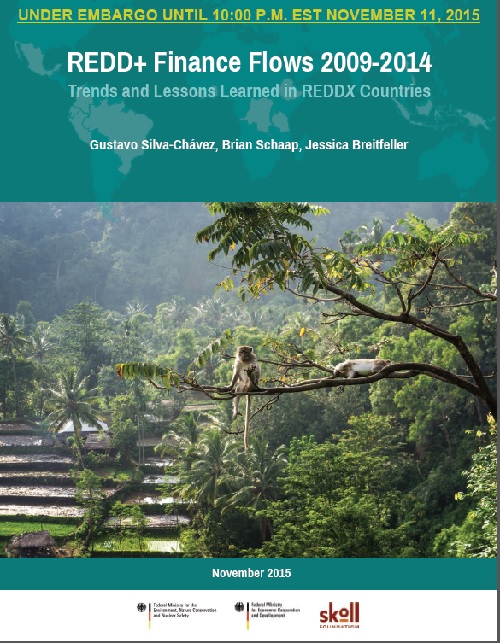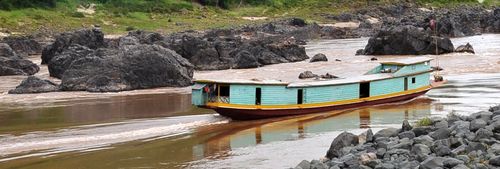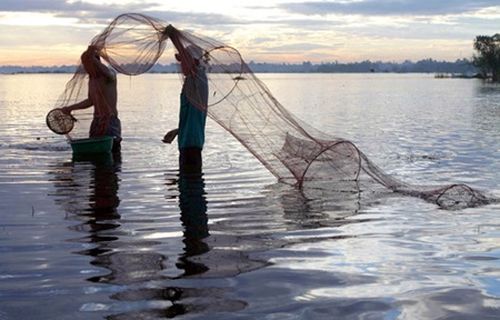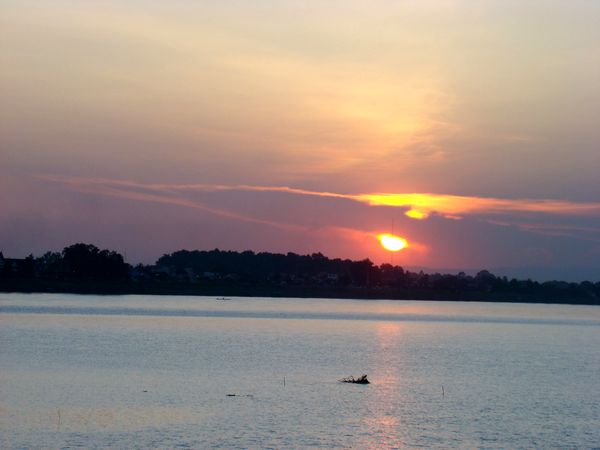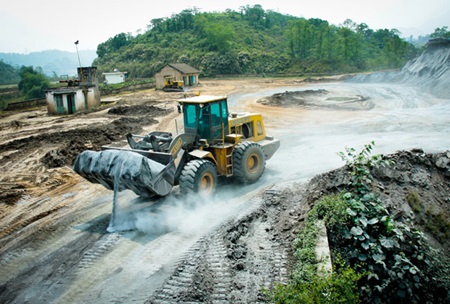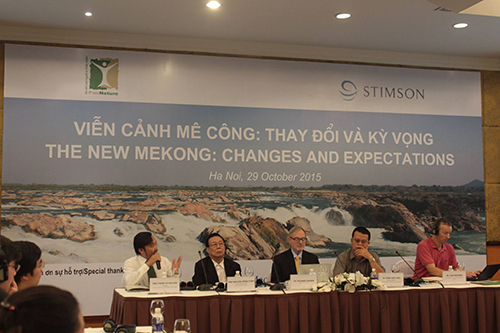Improving Environment Management in Ha Long Bay, Cat Ba Archipelago
ecently, the International Union for Conservation of Nature organised the second Leadership Committee meeting of the Ha Long – Cat Ba Alliance (HLCBA) in Hai Phong City to discuss improved environment management in Vietnam’s leading tourism attraction. Among the participants were leaders from Quang Ninh and Hai Phong People’s Committees, representatives from the Ministry of Culture, Sports and Tourism, the US Embassy, represented by US Deputy Chief of Mission Susan Sutton, US Agency for International Development (USAID), and Agence Francaise de Development (AFD).

